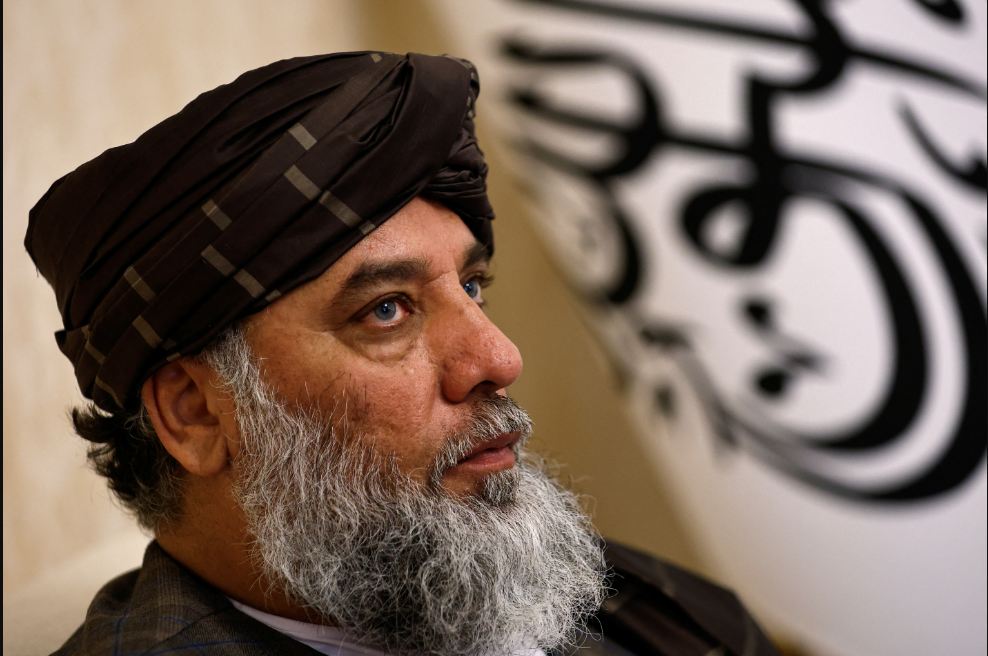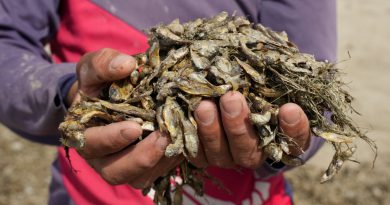With poll support dropping, Erdogan’s party looks to change Turkish relection law: officials
Ankara (Reuters) – With its support in polls dropping, Turkish President Tayyip Erdogan’s AK Party is considering changes to electoral laws which could rescue its prospects in elections due to be held by 2023, three AK Party officials say.
Polls show combined support for the AK Party and its MHP ally has fallen to just 45%. For the first time, pollsters say, disenchanted supporters who drifted away from the AK Party appear unlikely to be won back.
Modern Turkey’s longest-ruling leader and the most powerful since its founder Mustafa Kemal Ataturk, Erdogan has lost support after economic growth slowed, the lira nose-dived and two AK Party founders broke away to form rival parties.
He remains the country’s pre-eminent politician, with wide powers under an executive presidency introduced three years ago, but still relies on parliament for legislative endorsement.
Support for his Islamist-rooted AK Party, in power since 2002, has fallen to 36% from 42% at the last election, with its nationalist MHP ally slipping to 8%, according to a compilation of 15 recent polls.
Defeat in Turkey’s three largest cities in 2019 municipal elections highlight the challenge for the next national vote. Options for new party alliances are limited after Erdogan’s virulent denunciation of opposition parties.
Trying to seize back the initiative, he announced a government plan for human rights on Tuesday and eased nationwide coronavirus lockdowns. He also promised changes to election rules, without giving details.
“We are starting extensive work regarding changing political party and election regulations to improve democratic participation,” the president said.
Three AK Party sources who spoke on condition of anonymity said plans included dividing large urban electoral districts into smaller constituencies, changes which one party official said could significantly boost the number of AK Party lawmakers.
They could also cut the threshhold for entering parliament – currently at 10% of votes, one of the highest in the world – to 7%, a move that would reassure Erdogan’s nationalist partners after their support fell below the existing threshold.
A 7% barrier would still be high enough to bar the breakaway Gelecek (Future) and DEVA parties, both polling around 2%, from entering parliament unless they were part of a larger alliance.
AKP ‘Worn Out’
Pollsters say Erdogan’s military interventions and assertive foreign policy, which dragged Turkey into political crises with the United States and European Union, had cost support in addition to the domestic difficulties.
“The AK Party and Tayyip Erdogan wore themselves out, in particular due to economic policies which they applied and in particular their foreign policies,” MetroPOLL research director Özer Sencar.
Sencar and MAK Consultancy Chairman Mehmet Ali Kulat said a growing number of people were turning their backs on Erdogan’s party, without knowing yet in which direction they might turn.
“For the first time, there is a grey area that says they are mad at the AK Party and will not vote for it,” said Kulat. “In the past, they would get mad but they would still vote for it.”
Kulat said the two new parties, as well as the centrist nationalist Iyi Party, had already peeled some voters away from the AK Party.
The AK Party officials who spoke to Reuters acknowledged the party has been losing support but said that was partly down to the temporary impact of coronavirus restrictions, including three months of nightly curfews and weekend lockdowns across Turkey.
“There is a mass of voters who are straying from the party but there will be more work in the field to win these back,” one source said.


